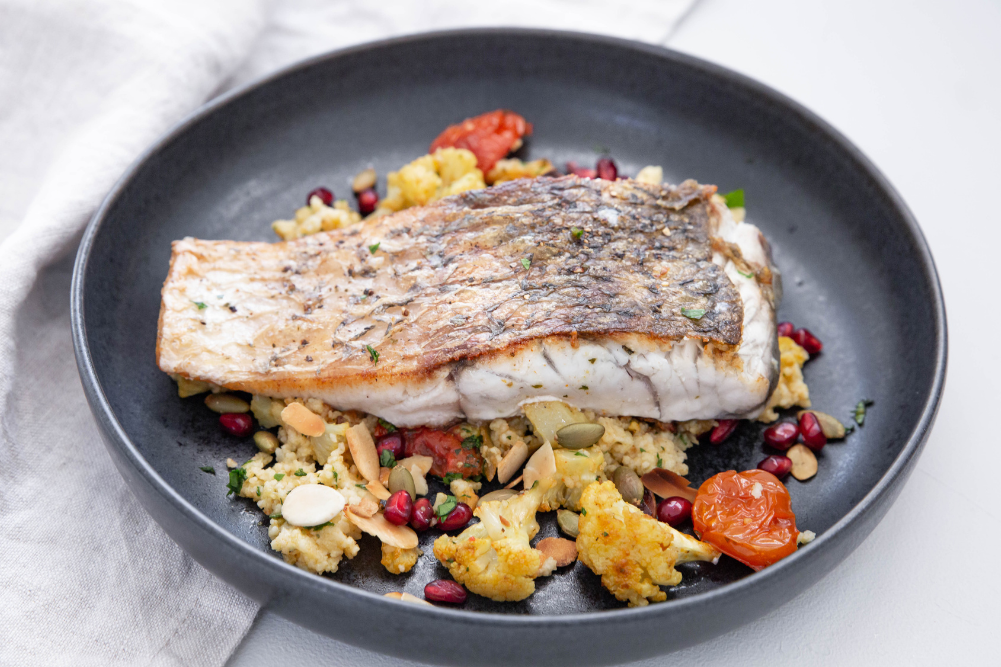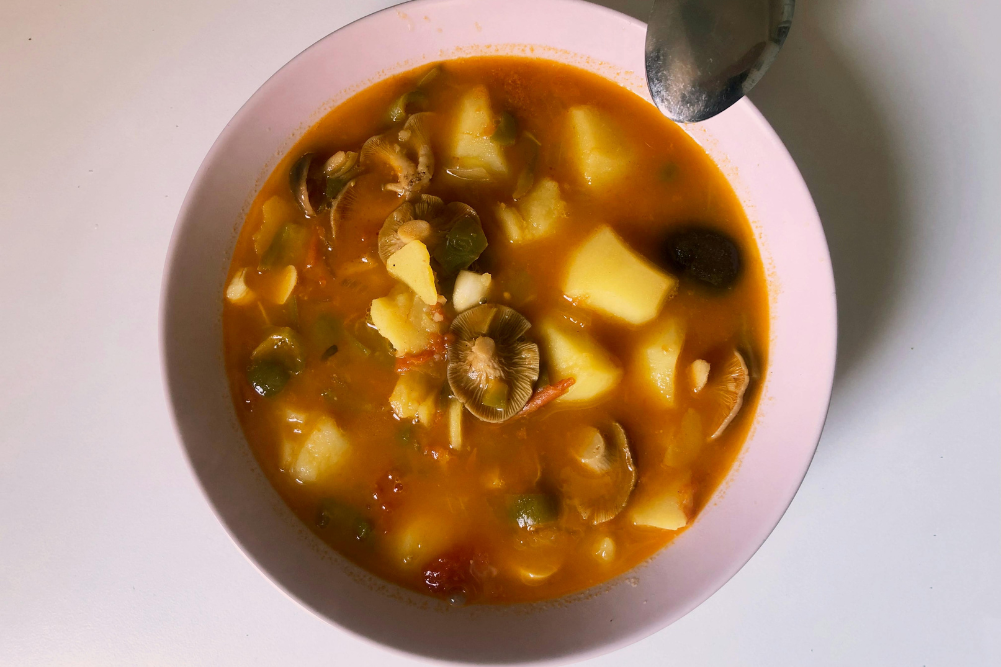Favourite wine influenced by the vine?
Aside from providing an opportunity for unbearable posturing when it comes to wine tasting, the concept of “terroir” has a real meaning for the wine that you drink. Literally it derives from the French word “terre” meaning “land” so it could be seen as acknowledging that the taste and odour of a wine is a result of the land on which the grapes that make the wine are grown. Hence terroir acknowledges that regional variations are what make for differences in the taste of a wine. The concept of terroir though is actually more far-reaching than just ‘land’ implies as it encompasses soils, sub-soils, topography, exposure, temperature, seasonal rainfall, fog, humidity, and other climatic conditions. Now a new study has shown that the biology of a region also contributes to wine characteristics.
The study was done by researchers from the University of Lincoln (UK), and the University of Auckland (NZ). The study was based on the fact that the Saccharomyces cerevisiae yeast is the main microbe used in the fermentation of wine. Much of the character of a wine comes from the by-products that are produced when fermentation takes place. So these researchers wanted to see how regional variations in yeast species might impact terroir.
Much of the character of a wine comes from the by-products that are produced when fermentation takes place. So these researchers wanted to see how regional variations in yeast species might impact terroir.
The analysis involved investigating the six different yeast populations from the six different wine-growing regions in New Zealand. Using Sauvignon Blanc grapes they found that concentrations of 39 different compounds derived from yeast impact wine flavour and that 29 of those compounds varied according to the region from which the yeast originated.
This is more than just a quirky dinner-party conversation starter, it points to the fact that the entire biota of any given environment contribute to what that environment produces. In terms of agriculture it means that we need to take a holistic view that incorporates biological as well as climactic variants. The researchers point out that methods of farming which maintain bio-diversity are more desirable and more sustainable and that acknowledging this should encourage better environmental practices.
Wine enjoyment is a matter of taste, but wine-growing like all agriculture, is a matter of care.








